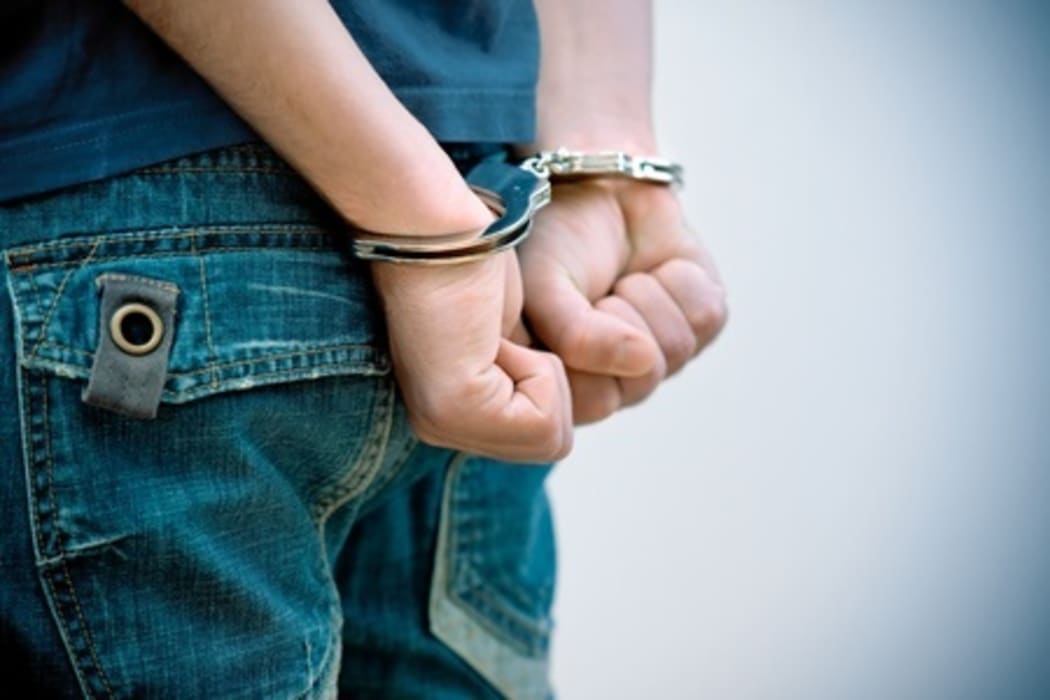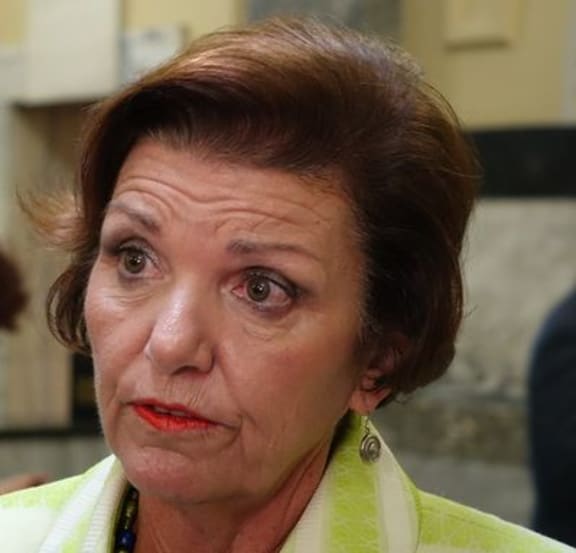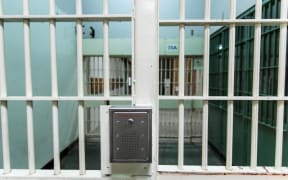The government should not delay changes to allow 17-year-old offenders to be dealt with in the Youth Court, a justice advocacy group says.

From 2019, most 17-year-olds will go through the youth justice system. Photo: 123rf
Justice Minister Amy Adams and Social Development Minister Anne Tolley yesterday announced changes that will mean from 2019, most 17-year-olds will go through the youth justice system, rather than the adult system.
Those who have committed serious or violent offences - like murder, manslaughter, sexual assaults or aggravated robbery - will continue to be dealt with in the adult courts.
Justice advocacy group Just Speak has campaigned for a change to the way the 17-year-olds are dealt with in the justice system.
Spokesperson Julia Spelman welcomed the announcement but said there should not be a two-year wait to implement it.
"We should remember that there are many young people who have missed out over the years and to delay that for a further two years is more of an injustice," she said.

Anne Tolley said it wanted to make sure the required resources were in place before rolling out the changes. Photo: RNZ/Demelza Leslie
Mrs Tolley said the government wanted to make sure it had the required resources and facilities before it rolled out the changes.
But Ms Spelman said the government had recently committed $1 billion to provide 1800 new prison beds, whereas investing in youth justice would save money down the track and reduce the need for more prison places.
Ms Spelman said being dealt with in the youth justice system meant young people would not end up with a conviction for a relatively low-level offence that would have an impact on job prospects for the rest of their life.
Govt congratulated on age change
Auckland-based criminal lawyer Maria Pecotic backed the government's changes.
She said there wasn't much difference in maturity between 16- and 17-year-olds and the latter should not dealt with in the adult system.
"I think it's always a crying shame when you see a young person turn up to the District Court wearing a school uniform," she said.
"School-aged children should most definitely be dealt with through the Youth Court, and not in the adult court."
Ms Pecotic said the way the youth justice system dealt with young offenders was very different from adult courts, with family group conferences, the involvement of victims and the level of support.
"Nine times out of 10, you don't get these young people coming back again into the court system.
"You do get your recidivist ones ... but generally speaking you have a lot of young people who do this one stupid thing in their life and you don't ever see them again."
Children's Commissioner and former principal Youth Court judge Andrew Beecroft said the government should be congratulated for its decision.
"It's probably a courageous step forward for any government to make, but it is the right thing to do," he said.
It was consistent with the rest of the world and with "a solemn obligation we have to the United Nations Convention on the Rights of the Child."
Sensible sentencing opposes age change
The founder of the Sensible Sentencing Trust, Garth McVicar, said the age change was a disaster.
"The public are against this, everybody who's worked with young offenders were against it, the politicians have rammed it through.
"I think it will be disastrous for young people."
New Zealand First's youth and social development spokesperson, Darroch Ball, did not think it would work.
"If they [the government] just come down from their dream could for a second, and look at the facts of reoffending rates for our young offenders and for the utter failure of the youth justice system right now they would know there is no way they could look themselves in the mirror and confidently say that extending that failing youth justice system would do those 17-year-olds any good," he said.
The government said once the changes are brought in in 2019, about 4500 cases involving 17-year-olds will be dealt with in the youth justice system, rather than the adult system, each year.




